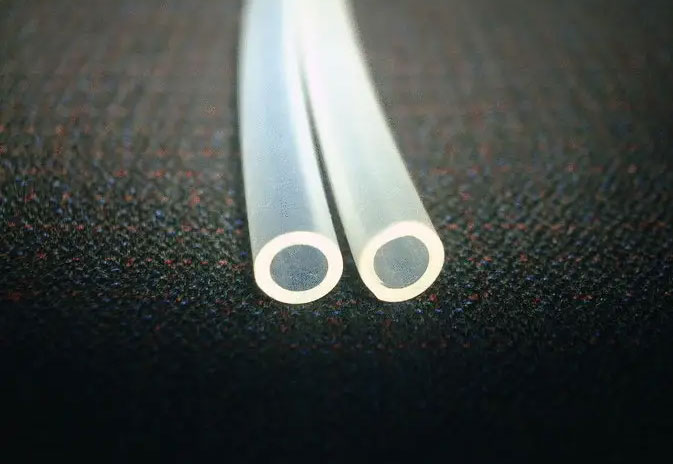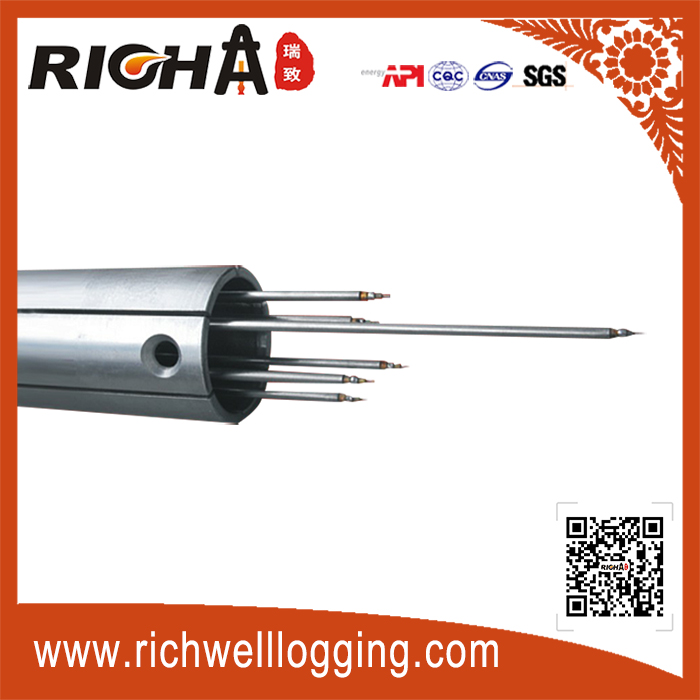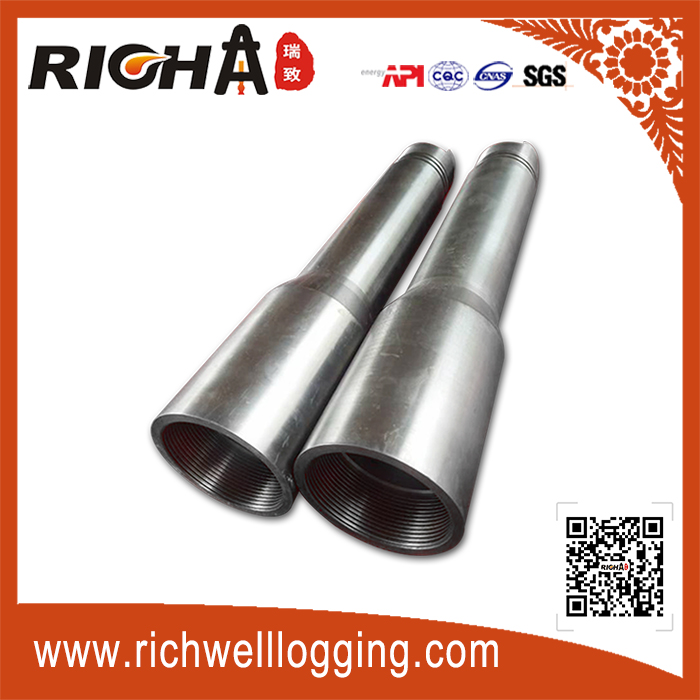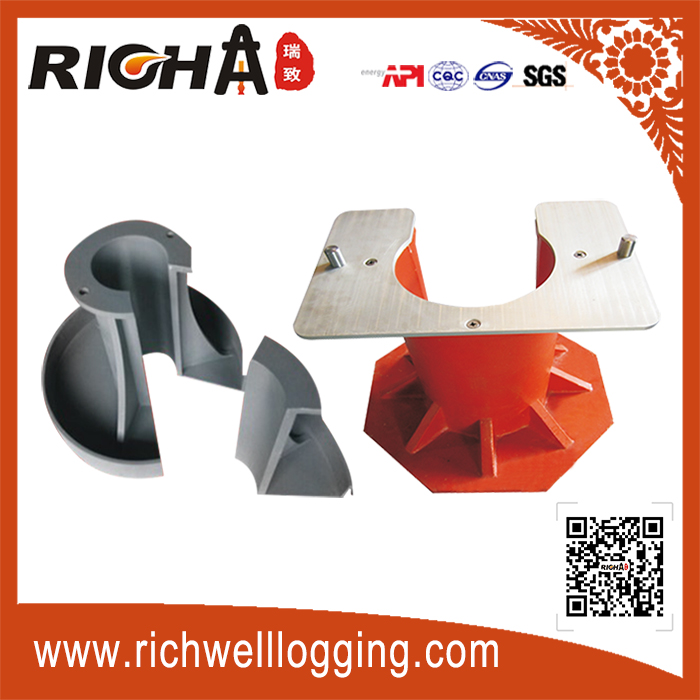Consultation Hotline:13629207777(WeChat Same Account)
Quality supervision:15229006666
After-sale service:029-86670108
Email:info@richwelllogging.com
Address:No. 388 Caotan 9th Road, Xi'an Economic and Technological Development Zone
Classification of Heat Resistance Grades of Insulating Materials
Classification of Heat Resistance Grades of Insulating Materials
There are seven heat resistance grades for insulating materials, listed from lowest to highest as: Y, A, E, B, F, H, and C.

Grade Y is the lowest grade, with a maximum operating temperature of 90°C. It refers to insulation systems made from untreated cotton yarn, silk, paper, or combinations of these materials.
Grade A has a maximum allowable temperature of 105°C, referring to insulation systems composed of cotton yarn, silk, paper, or their composites used in transformer oil.
Grade E allows a maximum temperature of 120°C, typically made from synthetic organic films, synthetic organic enamel, and their composites.
Grade B has a maximum allowable temperature of 130°C, composed of mica, glass fiber, asbestos, or other inorganic materials bonded or impregnated/coated with suitable resins, as well as appropriate organic materials or their combinations.
Grade F is rated for up to 155°C, and uses similar materials to Grade B but with enhanced thermal performance resins or treatment processes.
Grade H allows up to 180°C, using mica, glass fiber, asbestos, or similar materials bonded or impregnated/coated with suitable resins such as silicone resins.
Grade C is the highest grade, capable of withstanding temperatures above 180°C. It refers to insulation systems made of mica, glass fiber impregnated or bonded with resin, or untreated materials such as mica, ceramics, and quartz.
- China National Petroleum Corporation Maintains Stable Operations in the First Half of 2020
- Downhole Fiber Optic Sensing AUT-F100 for Oil and Gas
- Drilling Fluid Drilling: A Critical Step in Oil and Gas Exploration
- Testing of Composite Insulators in Operation
- Criteria for Evaluating the Quality of Insulators











